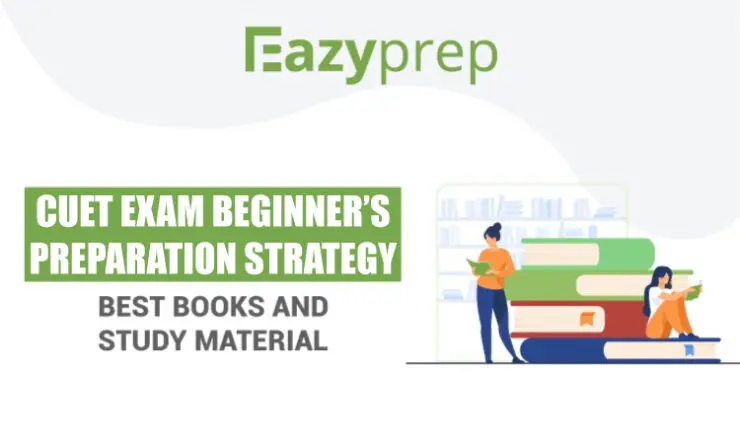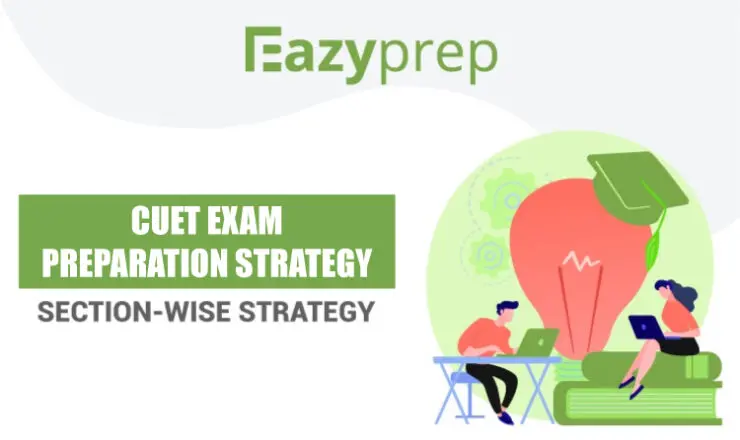![]()
IPMAT or the Integrated Program in Management Aptitude Test is a national-level entrance exam conducted for admission to the integrated management programs offered by the Indian Institute of Management. If you are interested in business administration, then IPM or Integrated Program in Management is your choice. This IIM Integrated course is a 5-year long course that prepares the students to be future corporate leaders. This is a dual degree program i.e students will acquire 2 degrees by the end of the course (BA+MBA). IPMAT exam is conducted at a national level and students who are below 20 years of age and have passed their 10th and 12th-grade exam with a minimum of 60% marks are eligible to apply for the program. A relaxation of 5% is given to the candidates belonging to the SC/ST/PwD category. In this article, you can learn a study plan for self-study, to crack the exam without coaching.

IPM Self-Study Plan
While preparing for the IPMAT, the main fundamentals that will help you are
- Understanding of the syllabus
- Make a Study Plan
- Choosing Good Study Material
- Revision and Practice
Given below are the tips to improve on these fundamentals:
Understanding the syllabus
Before starting to prepare for the IPMAT, you should know what are the topics you need to cover for the exam. This is why you should have an understanding of the syllabus. Once you know what to study, you can easily allot time for each topic that you need to study. Keep in mind the following aspects:
- Exam Pattern: Make sure you have gone through your exam pattern and know its exact structure like the number of sections, the topic of sections, marks allotted, weightage of different sections, marking scheme, mandatory sequence of attempting sections (if applicable), etc.
- Previous year papers: You can go through the papers from oldest to newest. Do not panic at the number of questions you do not know and just analyze the paper. Notice the frequency of different topics in the papers and the most featured and asked topics in the previous few years.

Make a study plan
The next step of preparation is making a study plan. After self-analysis of the knowledge you possess in each of the topics in the syllabus, you can create a timetable for studying. Be sure to allocate more time to the subjects that you need to be thorough in and less time to the topics that you are already confident in. While creating a study plan, you must give importance to the following:
- Make notes while studying, so that you can go through them when necessary.
- Take small breaks every hour, to keep you motivated and fresh.
- Make sure that you sleep at least 6 hours a day.
- Set a goal each day and work hard to achieve it.
You can use the formula given below to allocate yourself different subjects:
If you have 100 hours of preparation:
- Allot 50% time to subjects and topics which are important for the exam and which you need to really work on
- Allot 25% time to subjects and topics which are important for the exam and which you are competent at
- Allot 15% time to subjects and topics which are not very important for the exam and which you need to really work on
- Allot 10% time to subjects and topics which are not important for the exam and which you are competent at
Choosing Good Study Material
Choosing the right study materials is important in preparing for the IPMAT. When you look for books and texts, make sure to choose the ones that have the complete and updated syllabus of the exam.

Revision and Practice
After studying a topic, revise it at the end of the day. Revise everything you have learned during the week during the weekend. Revision is as important as studying. In the end, test your knowledge by taking IPMAT mock tests. Analyze which areas you need to work more on and allocate more time to it. You will also get an idea of how questions are asked in the real exam to help you in managing time.
If you are a little bit strict with yourself and work hard to reach your goal, you can for sure crack the IPMAT without any coaching! We wish you all the best in all your future endeavors.

